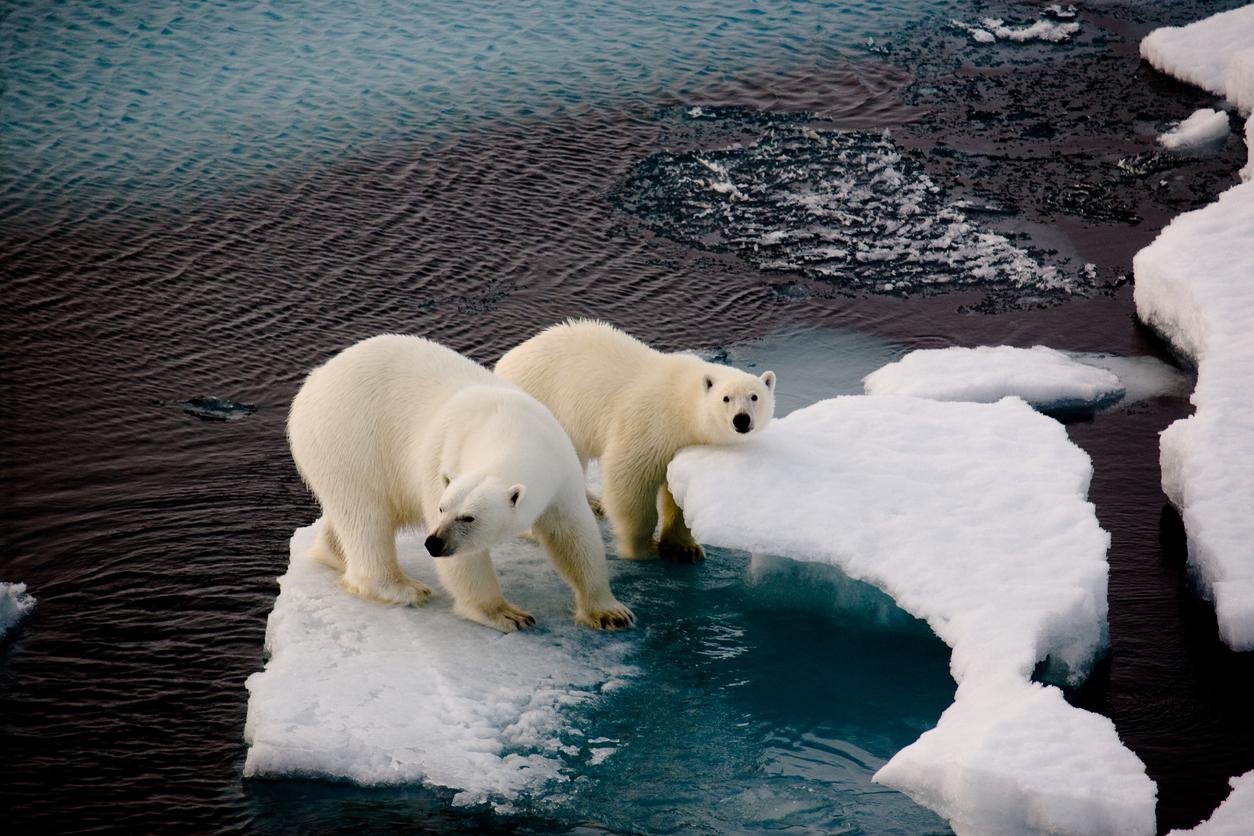Carbon dioxide levels in atmosphere hit alarming new high, says UN
The unprecedented levels of CO2 could lead to dangerous rises in sea levels and temperatures

Your support helps us to tell the story
From reproductive rights to climate change to Big Tech, The Independent is on the ground when the story is developing. Whether it's investigating the financials of Elon Musk's pro-Trump PAC or producing our latest documentary, 'The A Word', which shines a light on the American women fighting for reproductive rights, we know how important it is to parse out the facts from the messaging.
At such a critical moment in US history, we need reporters on the ground. Your donation allows us to keep sending journalists to speak to both sides of the story.
The Independent is trusted by Americans across the entire political spectrum. And unlike many other quality news outlets, we choose not to lock Americans out of our reporting and analysis with paywalls. We believe quality journalism should be available to everyone, paid for by those who can afford it.
Your support makes all the difference.The amount of carbon dioxide in the air is growing at alarming rates and is now at levels not seen for millions of years, according to the UN.
The dangerous levels of CO2 could fuel a dramatic rise in sea levels and add three degrees to temperatures, its World Meteorological Organisation (WMO) said.
Levels are accelerating far faster than before, with last year’s growth more than 50 per cent above the average for the last decade. That has led CO2 levels to rise 45 per cent above pre-industrial levels and further outside the range of 180-280ppm seen in recent cycles of ice ages and warmer periods.
As far as anyone can tell, the world has never experienced a rise in CO2 levels as quick or intense as this. The increase has happened 100 times faster than when the world was emerging from the last ice age.
“Today’s CO2 concentration of around 400ppm exceeds the natural variability seen over hundreds of thousands of years,” the WMO bulletin said.
The latest data adds to the urgency of a meeting in Bonn next month, when environment ministers from around the world will work on guidelines for the Paris climate accord backed by 195 countries in 2015.
The agreement is already under pressure because US President Donald Trump has said he plans to pull the United States out of the deal, which seeks to limit the rise in temperatures to “well below” 2°C (3.6F) above pre-industrial times.
Human CO2 emissions from sources such as coal, oil, cement and deforestation reached a record in 2016, and the El Nino weather pattern gave CO2 levels a further boost, the WMO said.
Scientists know prehistoric levels from tiny air bubbles found in ancient Antarctic ice cores, and they can derive even older data from fossils and chemicals trapped in sediment.
The last time carbon dioxide levels reached 400 ppm was three to five million years ago, in the mid-Pliocene era.
“During that period, global mean surface temperatures were two degrees warmer than today, ice sheets in Greenland and West Antarctica melted and even parts of East Antarctica’s ice retreated, causing the sea level to rise 10-20m higher than that today,” the WMO bulletin said.
Since 1990, the global warming effect of CO2 and other long-lived greenhouse gases has risen by 40 per cent. The two other main gases – methane and nitrous oxide – also grew to record concentrations last year, although at a slower rate of increase than carbon dioxide.
Additional reporting by Reuters
Join our commenting forum
Join thought-provoking conversations, follow other Independent readers and see their replies
Comments